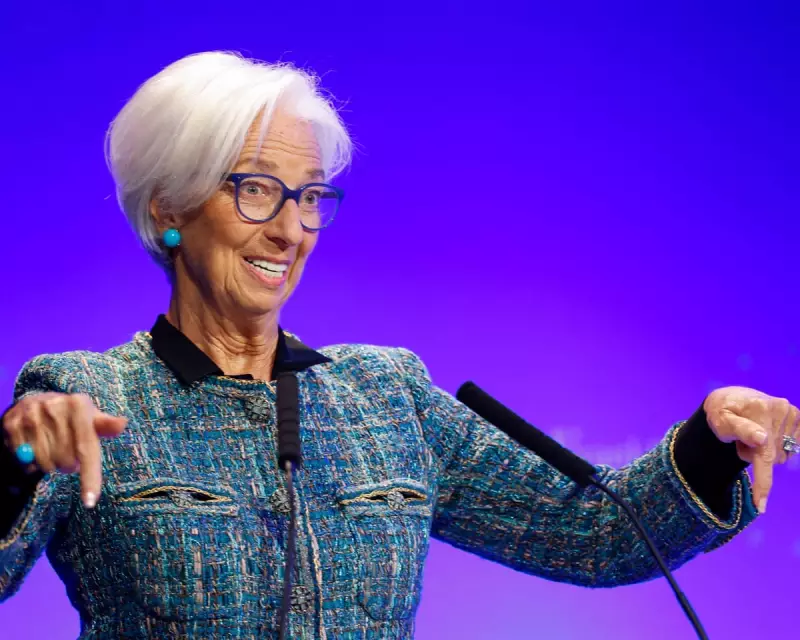
Christine Lagarde, President of the European Central Bank (ECB), has issued a stark warning that the European Union's economy is designed for a world that is "gradually disappearing," leaving it dangerously exposed to global shifts.
Speaking at the European Banking Congress in Frankfurt, Lagarde argued that the bloc's historic dependence on international trade has become a critical weakness as major partners turn towards protectionism.
Europe's Vulnerabilities Exposed
Lagarde pinpointed several key areas where Europe's dependencies have created vulnerability. She highlighted a "dependency on third countries for our security and the supply of critical raw materials."
As a prime example, she cited China's control over the supply of rare earth metals, which are essential for manufacturing electric motors and wind turbines. She also raised the alarm about the "choke point" of power chips produced by Nexperia in China, a situation that previously threatened to paralyse the global automotive industry.
Lagarde did not shy away from criticising European policymakers, stating they had allowed these structural weaknesses to "erode growth quietly, as each new shock nudges us onto a slightly lower trajectory."
Internal Stagnation and a 'Vicious Circle'
The ECB President lamented the lack of progress within the EU's own internal market, particularly in future-defining sectors. "Our internal market has stood still, especially in the areas that will shape future growth, like digital technology and artificial intelligence, as well as the areas that will finance it, such as capital markets," she told the audience.
She also described a damaging cycle where European savers increasingly invest in US stocks. This capital flight helps the American economy advance more rapidly, exacerbating "stagnating productivity at home and growing dependence on others."
A Prescription for European Recovery
Despite the sobering assessment, Lagarde proposed concrete solutions to reinvigorate the EU economy. A central pillar of her plan involves dismantling trade barriers between member states.
According to ECB analysis, the current barriers are equivalent to a 100% tariff on services and a 65% tariff on goods. Lagarde argued that reducing these to the level of a relatively open economy like the Netherlands would fully compensate for the economic impact of US tariffs.
She also called for mutual recognition of regulated companies, allowing a firm authorised in one member state to operate across the entire EU. On taxation, she advocated for adopting qualified majority voting to prevent single countries from vetoing much-needed changes.
These reforms, she contended, would allow for the harmonisation of VAT, making it significantly easier for smaller European companies to access the entire EU market without navigating 27 different tax regimes.
Lagarde did acknowledge some European strengths, including a resilient labour market, rising digital investment, and increased government defence spending in response to Russia's invasion of Ukraine, which has helped counteract economic slowdown.





